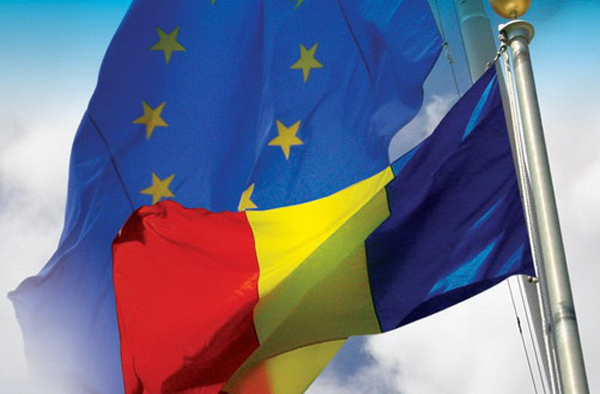Brussels Warns Romania Over Corruption Immunity Decrees
Frans Timmermans on Wednesday said the European Union will act fast if Bucharest goes ahead with plans to pass decrees decriminalizing some corruption-related offences.

The European Commission will “act within days” if the Romanian government passes decrees that could give officials and politicians accused of corruption immunity, the European Commission First Vice-President Frans Timmermans said on Wednesday in Brussels.
Its executive body, the College of Commissioners, discussed Romania at its weekly meeting on Wednesday, where the ruling Social Democratic Party has been pushing a series of legislative changes that would curb the independence of prosecutors and decriminalize some corruption offences.
“I warn the Romanian government not to take any action that affects the judiciary and creates impunity for high-level officials who have been convicted of corruption,” Timmermans said.
The Social Democrat-led government on Wednesday was mulling a set of decrees that could change the criminal codes and decriminalize certain corruption-related offences.
The top EU official said he had held several meetings with Prime Minister Viorica Dancila in the past week and had demanded urgent results. Words were no longer enough.
“I showed her very clearly that talking for the sake of talking is not enough and that urgent measures need to be taken as soon as possible,” he said.
Timmermans also said that the Commission will by June come up with a plan to start a public debate on reinforcing the EU’s intervention tools in member states that infringe the rule of law.
The European Commission has faced criticism after its toolbox proved unable to discipline governments deemed to have undermined the rule of law, like those in Hungary, Poland and Romania.
Timmermans also said the EU’s experience with Romania and Bulgaria, which have not solved their justice affairs problems 12 years after joining the bloc, should serve as a lesson for future enlargement plans.
“This is a lesson for the EU, that issues of rule of law should be solved by states before they join the EU. The assumption made back then, that issues could be solved after becoming a member state, was an optimistic one,” Timmermans noted.
Balkan Insight
3 April 2019
Disclaimer: All views, opinions and accounts included in the RAI News Section are those of the authors; their inclusion does not imply official endorsement or acceptance by RAI. The News Section reflects the selection of topics of informative value to the organization and its stakeholders. Its content is taken from press/media sources and does not in any way reflect official RAI Secretariat policy. RAI Secretariat is not responsible for possible inaccuracies in media reports.
